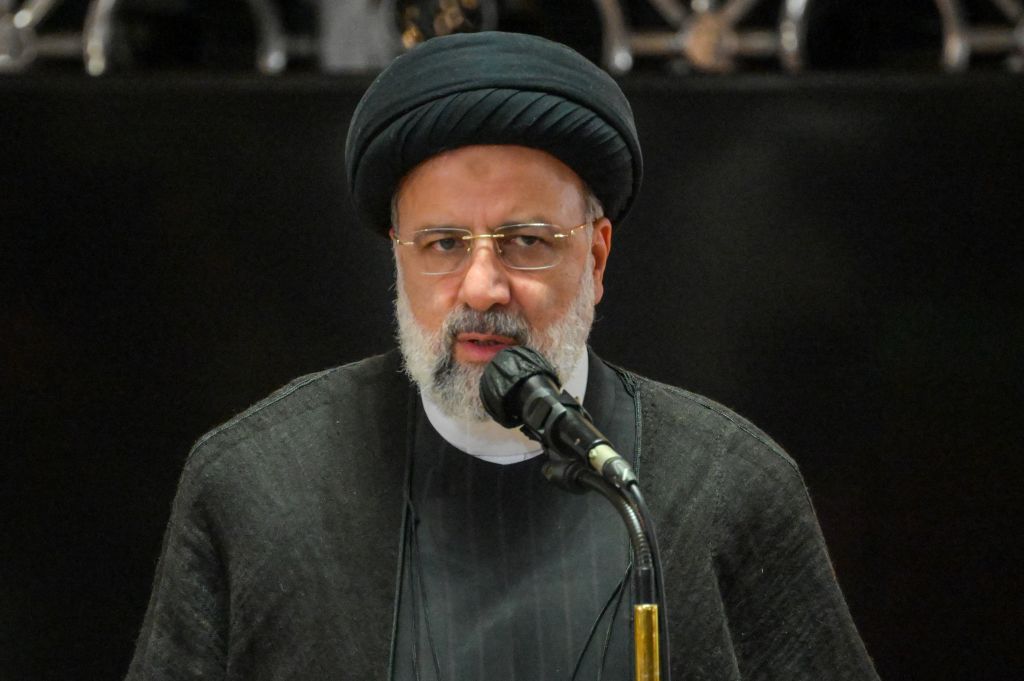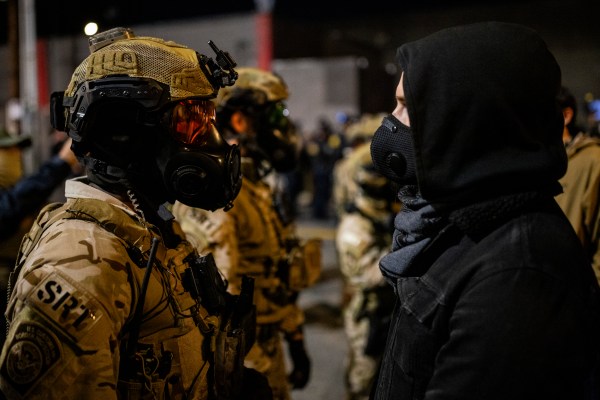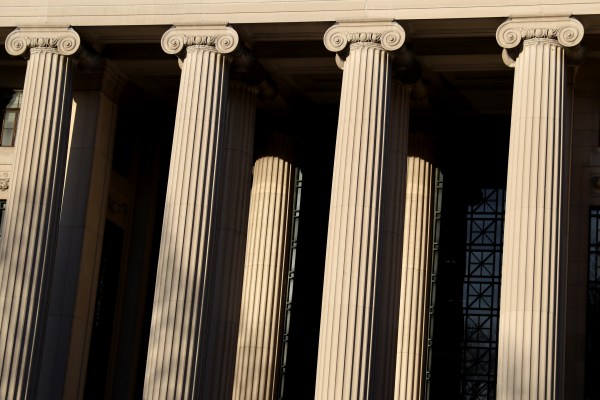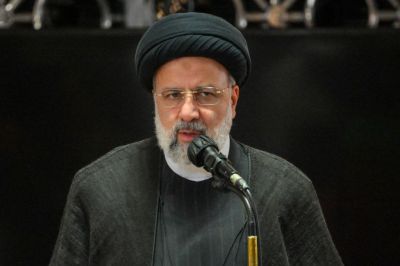More than $6 billion in unfrozen funds are headed for Iranian coffers in exchange for the release of several American-Iranian dual nationals who were wrongfully detained. American officials insist the cash is restricted to humanitarian uses, but history indicates the agreement will likely finance terrorism abroad and fuel repression in Iran—all while encouraging more hostage-taking gambits.
Iranian authorities have already touted the $6 billion in oil revenues, which they claim to have the freedom to spend as they see fit. “The process of releasing billions of dollars from the assets of the Islamic Republic of Iran, which were illegally seized in South Korea by the United States for several years, has begun,” Iran’s foreign ministry said in a statement. “The decision on how to utilize these unfrozen resources and financial assets lies with the Islamic Republic of Iran.”
The Biden administration insists its tentative deal with Tehran was the first step toward securing the wrongfully detained Americans’ homecoming to the United States. The funds are reportedly set to go through Switzerland, where they’ll be converted from dollars to euros, before being transferred to Qatari commercial banks. In theory, the U.S. Treasury Department will oversee the transactions to ensure that they only include humanitarian purchases.
But Iran has a long history of abusing humanitarian carve-outs, analysts warn.
In 2019, for example, the Justice Department charged a Turkish state-owned lender, Halkbank, with helping Iran evade U.S. oil sanctions under the auspices of food sales. Iran has also been known to buy pharmaceuticals to sell off to other countries, given sanctions exemptions for such transactions. “Just because they’re buying medicine does not mean that they’ll use the medicine,” Gabriel Noronha, the State Department’s former special adviser for Iran, tells The Dispatch. “It’s a handy way to just launder money.”
But even if the U.S. successfully monitors the cash flow, any legitimate humanitarian purchases using the fund will still free up money elsewhere for the cash-strapped Islamic Republic.
Iranian President Ebrahim Raisi’s budget proposal for this year, equivalent to $52 billion, revealed where his administration’s priorities lay. The draft slashed spending on development projects by 10 percent while hiking defense spending by 5 percent, including increases for the Islamic Revolutionary Guard Corps (IRGC) and domestic security services. Allocated funds to Iran’s organization for defensive innovation and research—a body responsible for nuclear weapons-related research—tripled.
“Iran’s ability to access more than $6 billion in frozen funds will free a similar amount it originally intended to use for the same humanitarian purchases. Tehran will likely use most of this revenue for domestic purposes to strengthen regime stability,” Norman Roule, former National Intelligence Manager for Iran, says in an interview. “A smaller, but impactful amount will be used to fund Iran’s missile programs, foreign terrorist groups and militias, and the security personnel that tortured and killed so many protestors—mainly women—in the recent unrest.”
This year, Iran’s bankrolling of terrorism abroad has resulted in an uptick in attacks by Iranian-backed militants against U.S. forces in Iraq and Syria and the death of an American contractor. Meanwhile, Iran’s navy has repeatedly targeted oil tankers in the Persian Gulf, spurring a U.S. build-up of warships and fighter jets to protect merchant vessels navigating the Strait of Hormuz—a waterway through which about 20 percent of all global oil shipments pass.
Inside their own borders, Iranian authorities have hardened their repression of women, political dissidents, and ethnic minorities. President Raisi is hoping to solidify his leadership amid a looming succession crisis—current Supreme Leader Ali Khamenei is 84 years old—and this latest prisoner deal could lend legitimacy to his administration’s stance toward the United States. “[Raisi has] neutralized political opponents and maintained an assertive and sometimes aggressive foreign policy aimed at dividing anti-Iran coalitions,” Roule says, “building ties with Russian and China and eroding U.S.-led sanctions.”
The agreement also rewards Iran’s practice of taking Americans prisoner without cause. Each of the five dual-nationals freed by the deal was accused of being a spy by Iranian authorities, charges which the U.S. rejects as baseless. Paying large sums of money to secure their release—$1.2 billion per detainee—gives Iran a strong incentive to continue the practice of arbitrarily holding U.S. citizens captive.
In 2016, the Obama administration famously freed five Americans from Iranian captivity by approving the transfer of $400 million to the regime. At the time, the White House argued the cash was unrelated to the prisoner deal, but later conceded that their release was contingent on the payment. Subsequent cash deliveries from the Obama administration to Tehran, which officials said were interest payments to settle a 1970s arbitration claim between the two countries, ended up totaling up to more than $1.3 billion.
Pay-outs like this have made arresting Americans a “lucrative business” for Iran, argues Michael Rubin, a senior fellow at the American Enterprise Institute, even if Washington doesn’t see it that way.
“There is a huge danger when American administrations of either party believe their own spin,” Rubin adds. “What matters is how Iran’s government perceives the payment and, in this case, there is no doubt: It’s a ransom.”







Please note that we at The Dispatch hold ourselves, our work, and our commenters to a higher standard than other places on the internet. We welcome comments that foster genuine debate or discussion—including comments critical of us or our work—but responses that include ad hominem attacks on fellow Dispatch members or are intended to stoke fear and anger may be moderated.
With your membership, you only have the ability to comment on The Morning Dispatch articles. Consider upgrading to join the conversation everywhere.